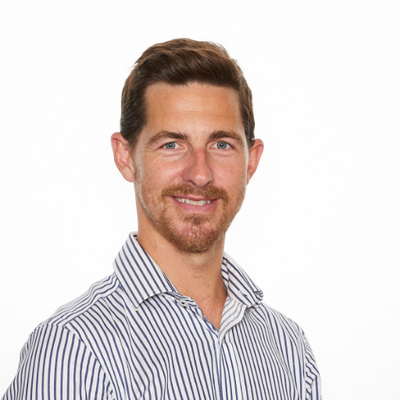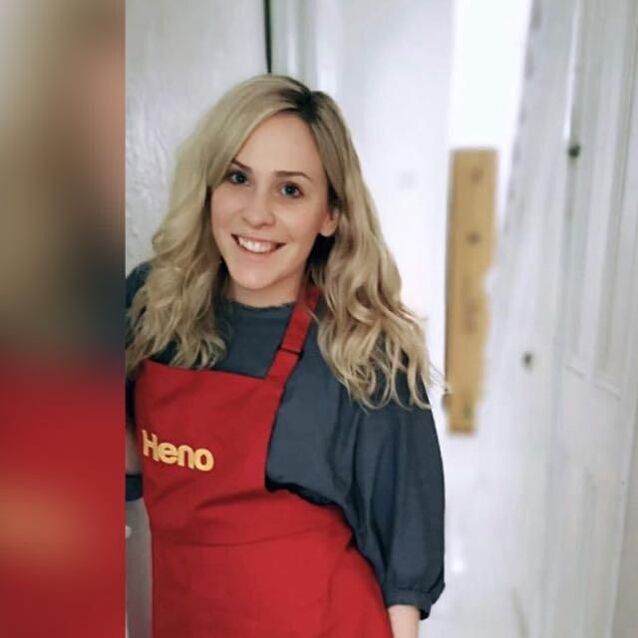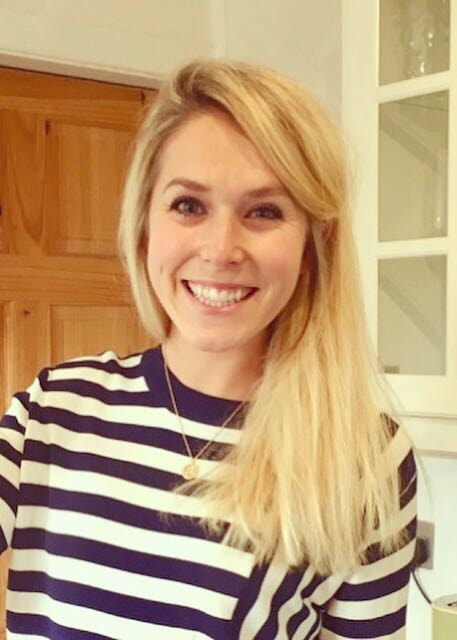|
Dr Tom Cromarty Editor Interests: Paediatric Emergency Medicine, Medical Engagement and Leadership, Simulation, Quality Improvement, Research Twitter: @Tomcromarty |
Welsh Research and Education Network
WREN BlogHot topics in research and medical education, in Wales and beyond
Dr Celyn Kenny Editor Interests: Neonates, Neurodevelopment, Sepsis, Media and Broadcasting Twitter: @Celynkenny |
32nd Annual Symposium: Cystic Fibrosis in Children and Adults Royal Society of Medicine, London1/12/2018 20th November 2018 Dr Chris Course The 32nd Annual Symposium for Cystic Fibrosis in Adults and Children took place at the Royal Society of Medicine in London on 20th November 2018. It had been organised by Professor Iolo Doull from the Department of Paediatric Respiratory Medicine and Cystic Fibrosis at the Children’s Hospital for Wales, Cardiff, and aimed to serve as an update for hot topics and emerging trends in the care of cystic fibrosis over the past 12 months. This was my second visit to the Royal Society of Medicine, and again it didn’t disappoint. It is a great venue for any meeting, and always provides excellent conference facilities and service. The RSM put on a great variety of meetings, and there is generally something for everyone, no matter what your area of clinical interest. Many of the meetings are either free or very reasonably priced.
The 32nd Symposium for CF started with a talk from Dr N ick Simmonds from the Royal Brompton about some of the diagnostic challenges emerging in the world of CF. With increasing understanding of CFTR gene variations and mutations, there is an increasing awareness of variable clinical phenotype and disease penetrance. There appears to be an increasing acceptance of a range of CF-related disease, and single-organ disease (e.g. pancreatic dysfunction with normal respiratory health) is being seen in some of the more variable genotypes in some patients. The importance of clinical correlation with genotype was highlighted, as well as the importance of functional assessment of CFTR in diagnostics. The traditional importance of sweat chloride was stressed, and a discussion was had around the emerging use of nasal potential difference calculations in functional assessment of CFTR was discussed. This was followed by a presentation from Dr Julian Forton, Consultant in Paediatric Respiratory Medicine, Cardiff on how best to diagnose respiratory infection in children. This focussed on the successful completion of the CF-SpIT trial, led by Dr Forton (and paper available here: https://www.thelancet.com/journals/lanres/article/PIIS2213-2600(18)30171-1/fulltext) which found that induced sputum samples were as effective as two-lobe broncheo-alveolar lavage samples (currently the gold standard test) at assessing the pathogens present in the lower airways, but were easier to obtain and better tolerated, avoiding need for general anaesthetic. There was also a suggestion that induced sputum may be superior at assessing the bacteria present in the larger airways, which can be symptomatic in children with signs of bronchitis (wet cough). The paper is a really good read, published in the Lancet, and great to see such influential research being undertaken locally in Wales. After speaking with Dr Forton, the findings of CF-SpIT are starting to change practice internationally, especially in Australia, where routine bronchoscopy (not just for symptomatic children) is a much more common undertaking. The morning was rounded off with presentations from Dr Kris de Boeck, Leuven University, Belgium on the challenges on investigating the clinical efficacy of newer disease modulating CF drugs (such as Ivacaftor) in children with rare genotypes, and Professor Martin Walshaw who chaired the NICE CF guideline (https://www.nice.org.uk/guidance/ng78). This provided an interesting contrast between the emerging advice on the challenges of investigating the treatment of rare genotypes with newer therapies, and the role of well-established management in cystic fibrosis and how to recommend best practice in a dynamic and changing treatment landscape. Following lunch, there was a discussion from Professor Andrew Jones of the Manchester Adult CF centre on the complexities of which pathogens we should worry about (in short, we all still worry about pseudomonas, but with newer culture techniques, there are isolates emerging, such as achromobacter, ralstonia, and anaerobes which may or may not be associated with accelerated decline in lung function) and the challenges of extrapolating in vitro models in in vivo clinical situations. This was followed by a presentation from Professor Jane Davies, Royal Brompton Hospital, on the new and emerging therapies in CF. The future at present seems to be the CF modulating drugs, such as Ivacaftor, which improve the function of dysfunctional CFTR, and the potential for combination therapies which improve CFTR production and expression. The main challenges with these drugs still seem to be their immense cost, and correlating this with affordable clinical benefit. The ongoing story of gene therapies was also briefly touched upon, and although initial trials and mechanisms have had suboptimal results, newer trials and modalities are being developed and funded. After a coffee break, the fellow presentations began. This was an opportunity for fellows and trainees to present interesting cases and discussion points to the meeting (and where I had the opportunity to discuss a case and the potential ethical implications for newborn screening). Despite the excellent calibre of the presentations that had come before, and their high academic rigour, the audience were kind and supportive for the trainee presentations, and I wasn’t faced with any overly challenging questions! In summary, the 32nd Annual CF Symposium was a thoroughly enjoyable meeting, and relevant to anyone with an interest in respiratory health in paediatrics. It also provided a useful insight into the transition for these children into adult services and how the focus of management can change with the move to adult CF teams. It was also a valuable opportunity to undertake a bit of CV building with a case presentation (at present anyone who presents at the CF symposium is also invited to submit a review article on the subject for Paediatric Respiratory Reviews). Professor Doull is organising the 33rd Symposium in 2019 also, so keep a look out on the RSM website for further details.
2 Comments
14/1/2019 02:35:57 am
In medical industry, it's really important that these experience are having a regular conference so they could discuss a lot of things about what's happening within their circle. That's why I believe that it was a good move that they had this “Leaders in Healthcare” conference and all of us are waiting for some changes to happen. These health experts know what they are doing. But because there are changes that rare happening from time to time, they need to cope up and know how to cope up with their situation.
Reply
Leave a Reply. |
Editors
Dr Annabel Greenwood Categories
All
|





 RSS Feed
RSS Feed
